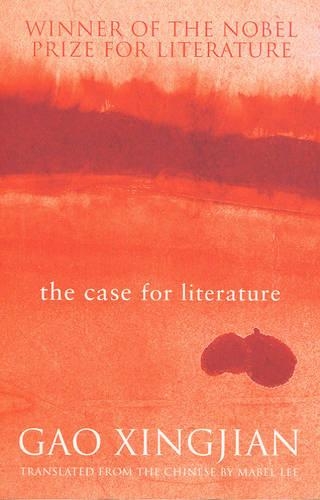
The Case For Literature
(Paperback)
Publishing Details
The Case For Literature
By (Author) Gao Xingjian
Translated by Mabel Lee
HarperCollins Publishers (Australia) Pty Ltd
HarperCollins Publishers (Australia) Pty Ltd
23rd August 2006
Australia
Classifications
General
Non Fiction
895.1
Physical Properties
Paperback
190
Width 157mm, Height 203mm, Spine 12mm
152g
Description
When Gao Xingjian was crowned Nobel Laureate in 2000, it was the first time in the hundred-year history of the Nobel Prize that this honour had been awarded to an author for a body of works written in Chinese. His plays, novels and short fiction have undeniably won a victory for Chinese literature.Written between 1990 and 2002, these bold and extraordinary essays include Gao's Nobel Lecture, 'the Case for Literature', and embody his argument for literature as a universal human endeavour rather than one solely defined by national boundaries. the essays deal with history, politics, philosophy, archaeology, anthropology and linguistics, in addition to presenting Gao's innovative ideas on narrative and theatre aesthetics, and constitute the kernel of his thinking on literary creation.
Author Bio
Gao Xingjian was born in 1940, in China. During the 1960s and 1970s, he wrote a number of works of prose, plays and poems, aware that what he wrote could not be published, since they failed to comply with the government's strict guidelines. He was finally able to publish a substantial number of works during the 1980s, but when a ban was imposed on the performance of his play Bus Stop in 1983, Gao finally fled Beijing and began the long journey of a political refugee which forms the basis of Soul Mountain and One Mans Bible. He now lives in Paris, where he writes and paints, and is a French citizen.
